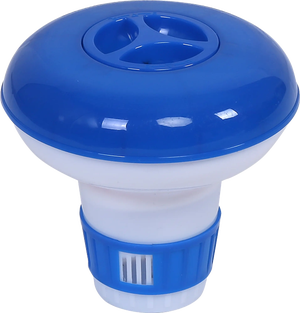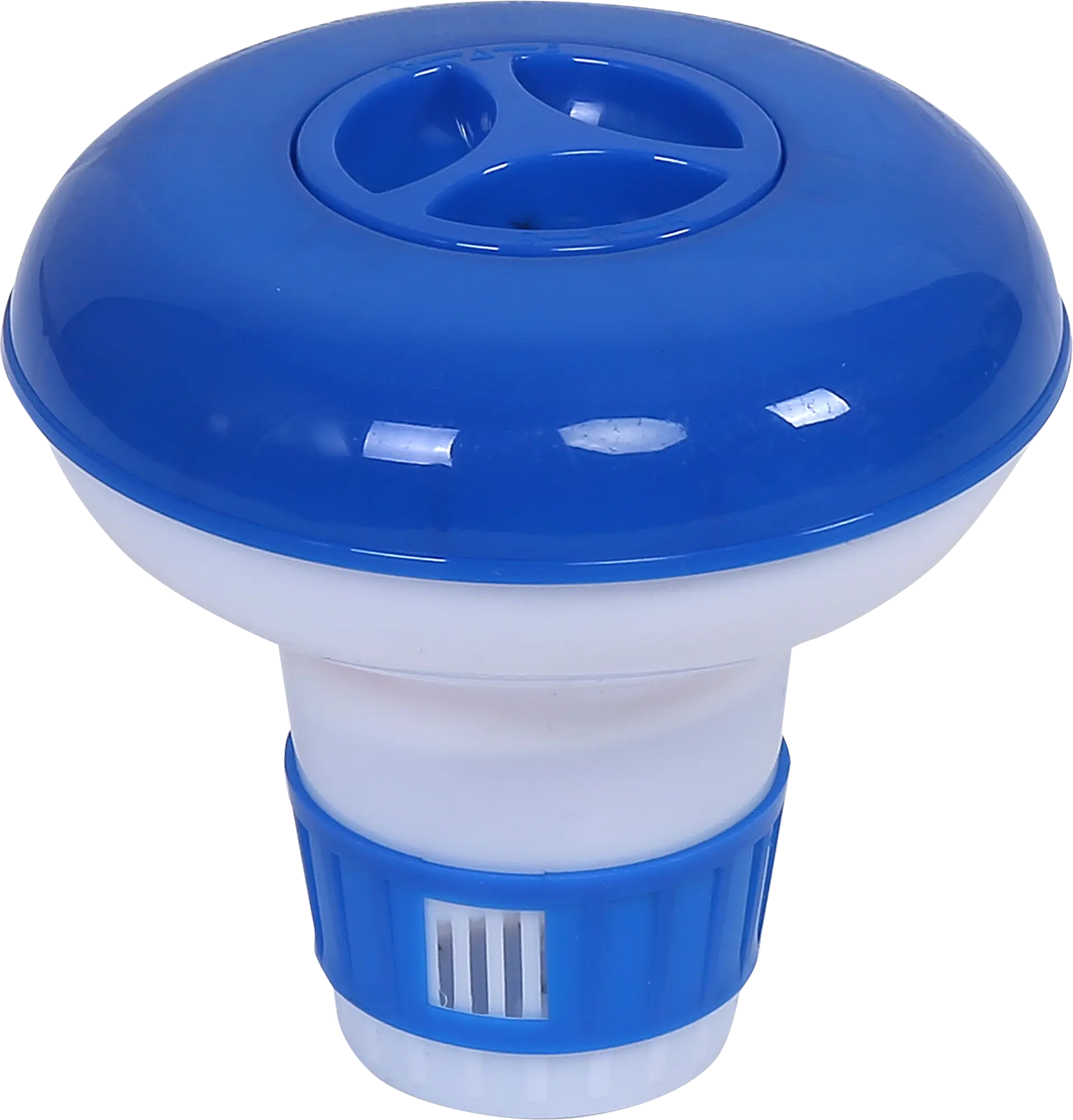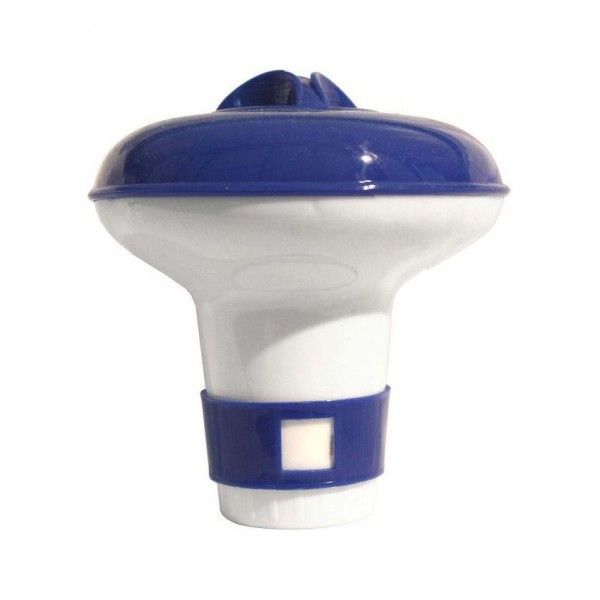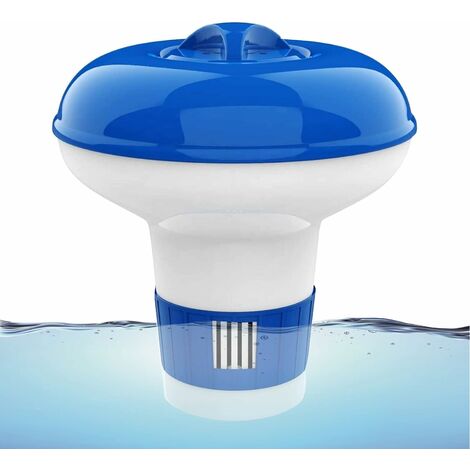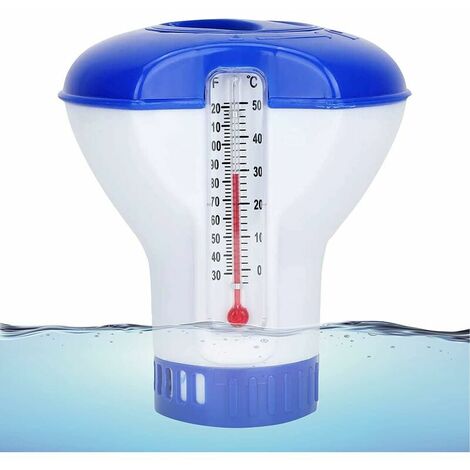
Dispensador flotante para piscina, difusor de cloro de 8 pulgadas, dosificador flotante de cloro químico ajustable grande para piscina, spa, jacuzzi | Todo Piscinas

Difusor de cloro para piscina, difusor de cloro flotante para piscina, flotador químico ajustable para piscinas interiores y exteriores, spas | Todo Piscinas

Flotador de cloro para piscina, dispensador de liberación de dosis de peces de plástico de dibujos animados amarillos para bañera de hidromasaje/SPA, difusor de cloro para piscina _ - AliExpress Mobile

Difusor de cloro para piscina con termómetro, dispensador automático de cloro flotante para piscina, difusor flotante para piscina adecuado para | Todo Piscinas

Dispensador Cloro Piscina Flotante, Dispensador Químico Flotador con Impermeabile Colores LED Luces de Bola Solares, Dosificador Cloro para Piscinas,Parque Acuático,SPA, Admite 3" Tabletas Cloro: Amazon.es: Jardín

Difusor de Cloro para Piscina con Termómetro, Dispensador Automático Flotante, Dosificador de Cloro para Piscina, Dispensador
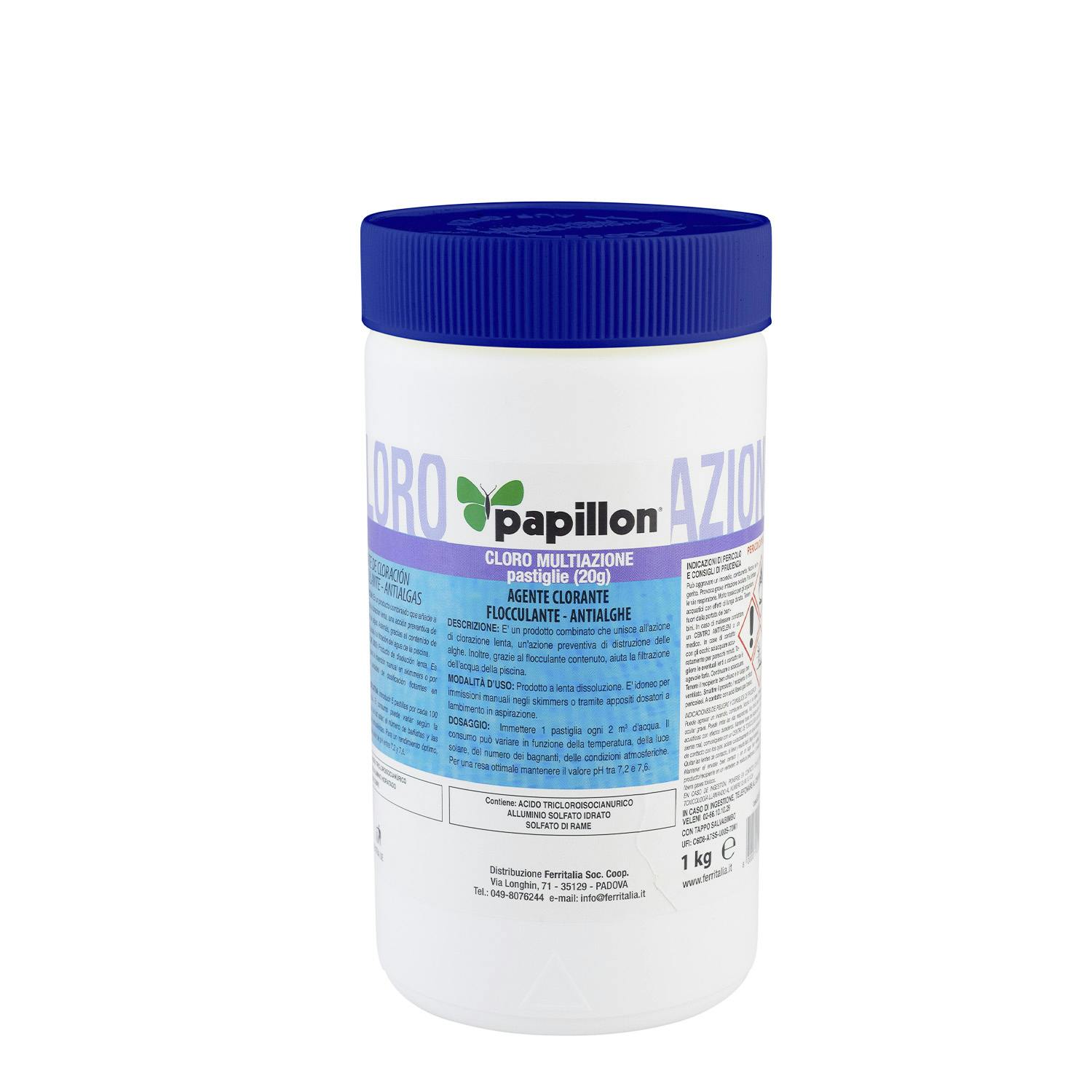
Cloro Multiaccion Para Piscinas Pastillas 20 gramos. Envase 1 Kg. (Cloración, Floculación, Alguicida) | MAKRO Marketplace

Dosificador Cloro Piscina, Dispensador de productos químicos flotantes, dispensador de cloro para piscina, spa, soporte para bromo: Amazon.es: Jardín

Dispensador Cloro Piscina Flotante, Dispensador Químico Flotador con Impermeabile Colores LED Luces de Bola Solares, Dosificador Cloro para Piscinas,Parque Acuático,SPA, Admite 3" Tabletas Cloro: Amazon.es: Jardín

Dispensador flotante para piscinas, Dosificador automático de cloro, Dispensador de cloro, Dosificador flotante para spa, Difusor de cloro, | Todo Piscinas

Dispensador de cloro, difusor químico flotante de bromo de cloro para piscina interior y exterior, azul y blanco (M) | Todo Piscinas

Difusor flotante para piscina, 1 paquete de difusor de cloro flotante con termómetro | Todo Piscinas

